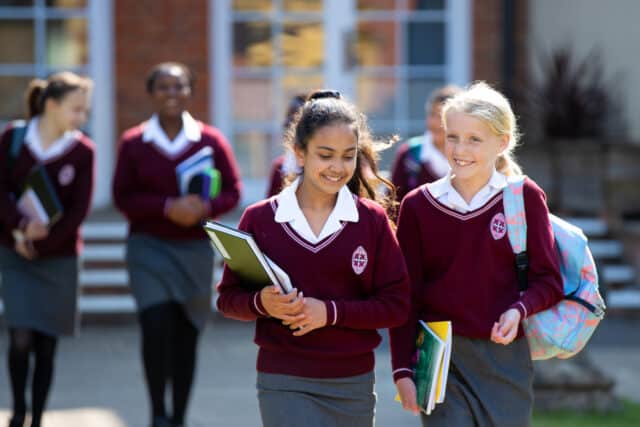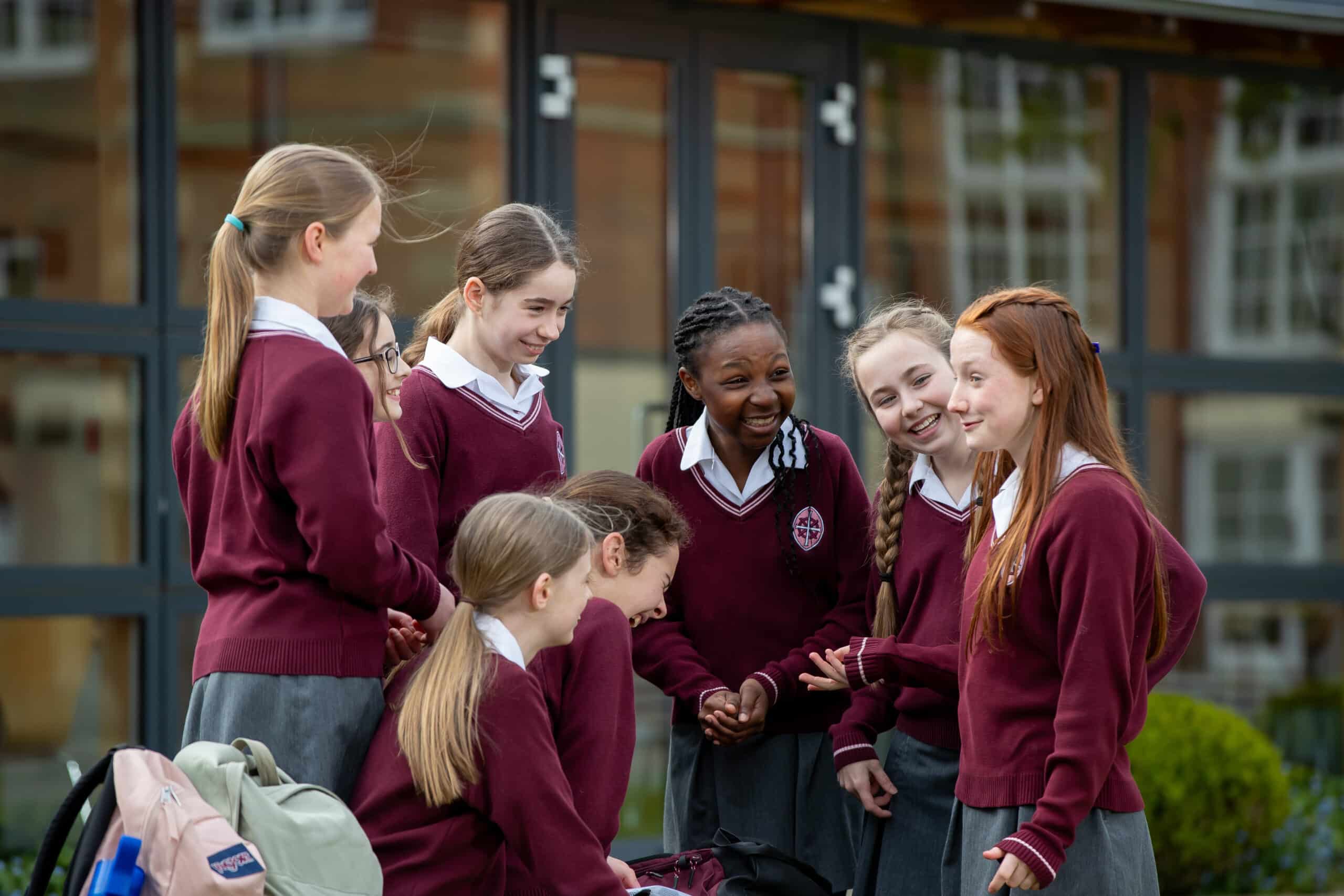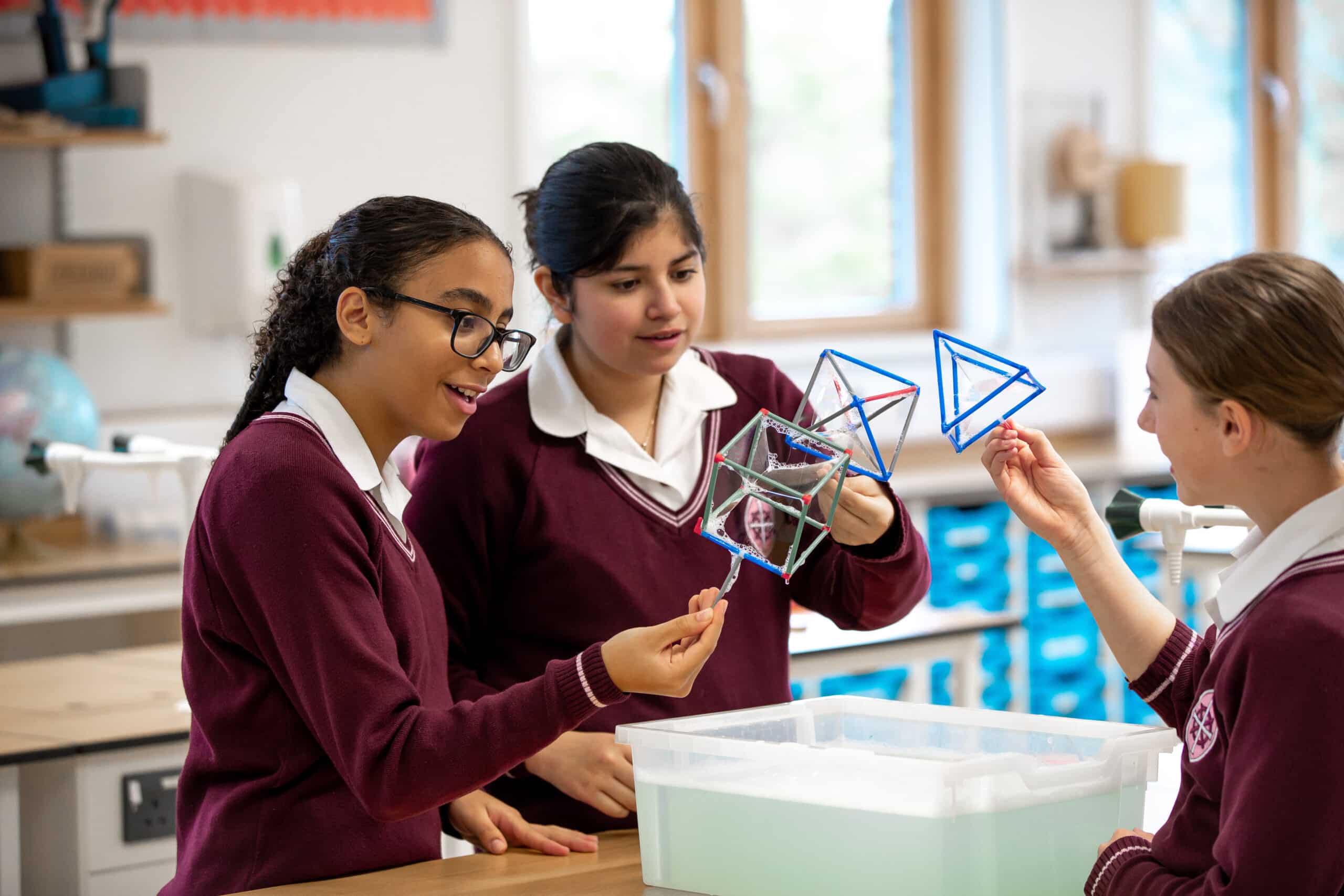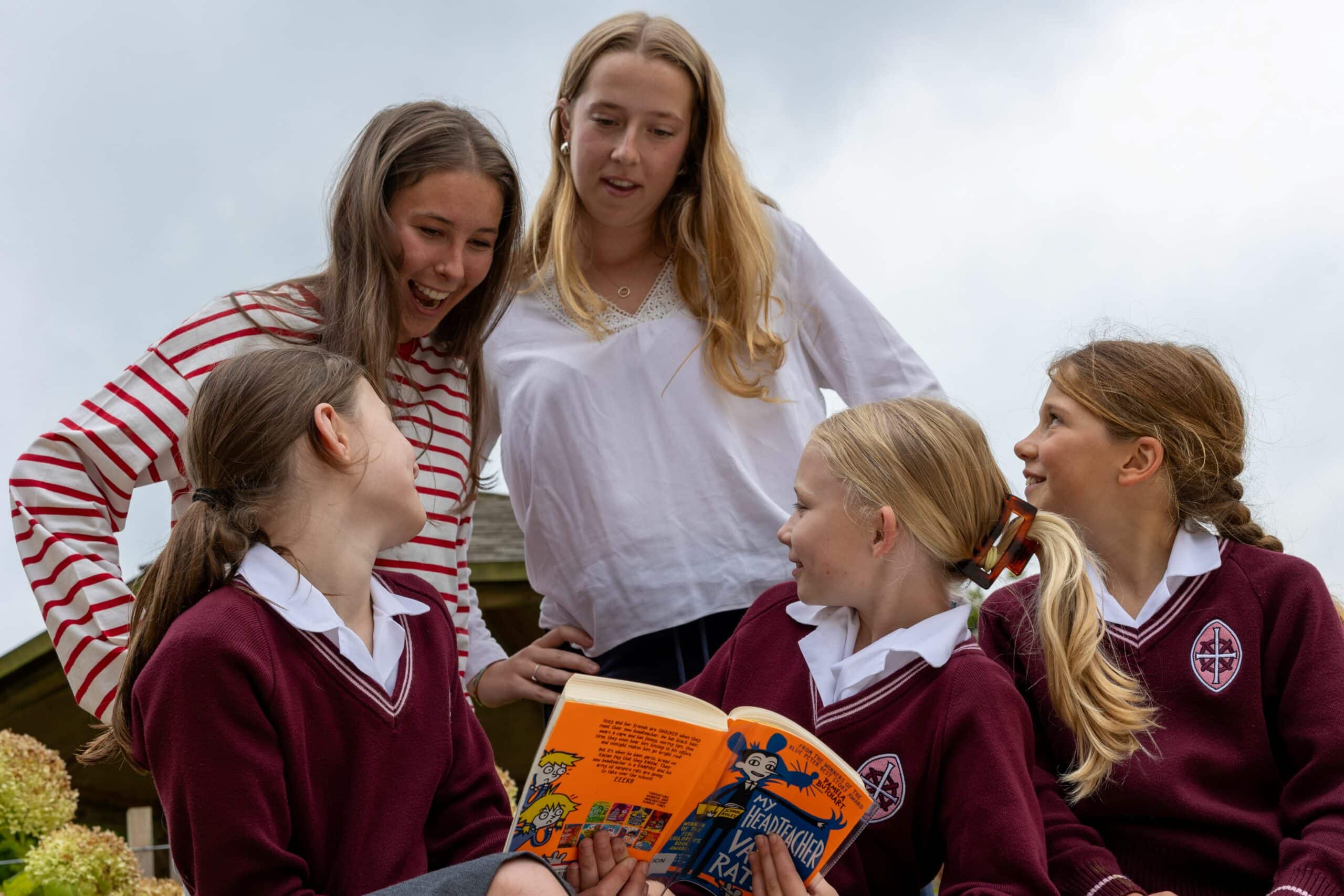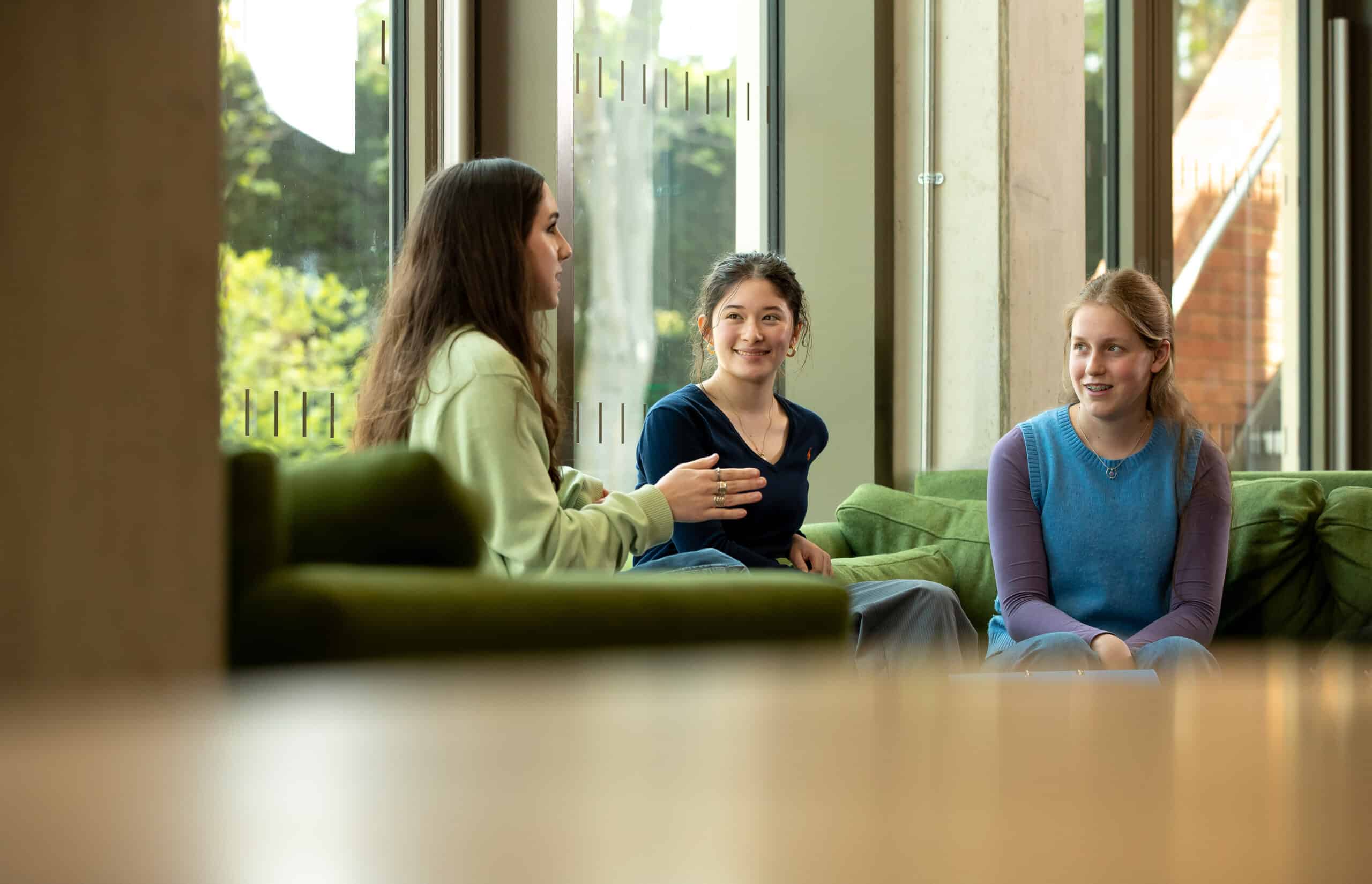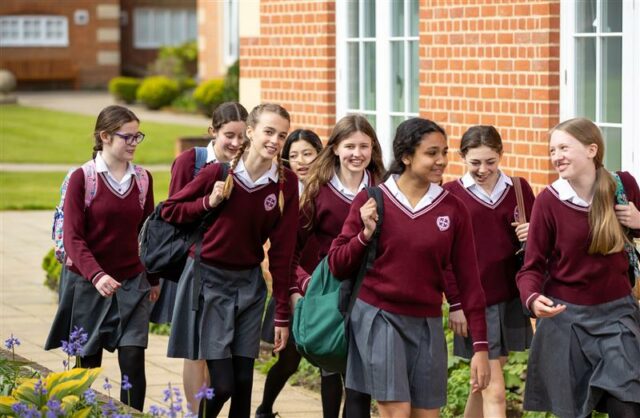Defining our academic ethos
As a school with a keen sense of its overall identity, ethos and values, we decided this year to engage our academic leaders and to consider and articulate what we stand for academically. At their worst, visions, mission statements and declarations of ethos can smack of superficial corporatism: while a disengaged workforce learns to chant them, they have no ownership or enthusiasm in living them. But it need not be like that.
Authentic statements of what we stand for, and why, can be the product of genuine engagement, which then binds people together in a common purpose and fosters a sense of shared responsibility and intended future.
Unsurprisingly it is the latter we are going for here. So, I am pleased to share the product of careful thought and discussion where we have tried to encapsulate what we aim for in the academic sphere of school life:
At St Helen’s students thrive in a culture and curriculum which promotes academic curiosity, develops the scope and depth of knowledge, and broadens intellectual perspectives.
They will become confident, tenacious, self-motivated learners who enjoy the challenge of both individual and collective problem-solving, and who happily embrace intellectual risks.
They leave St Helen’s with an appreciation of scholarship, well-equipped for life and well-prepared to contribute positively to society.
We achieve this through inspiring and challenging teaching of the highest standard, informed by the application of effective, evidence-led pedagogy.
In all honesty, this has not been created with an external audience in mind – we looked for something that we could share among ourselves as teachers and use in planning what we do and how we do it. Nonetheless, I hope that it resonates with you and paints a picture of all we aspire to for your daughters during their time at St Helen’s.
Implications of artificial intelligence
My newsfeed is currently full of articles on AI and Chat GPT in particular. And why not, as this sort of technological development conjures the imagination both in an exploration of the future ‘art of the possible’ and the apocalyptic vision of dystopian science fiction.
It has been a topic of conversation within departments as we all face the immediate challenges and opportunities of a tool that might potentially ‘write your essays for you’ as well as the long-term implications of how AI development will shape the job market into which your daughters will venture forth.
Clearly, active engagement rather than ostrich-like ignorance or futile attempts at Orwellian censorship is the approach to take. That starts with training and awareness but already is fostering dialogue about how best to progress.
“Students choosing to take their love of a subject beyond the curriculum and the classroom is our aspiration for all students”
I very much enjoyed this article in the New York Times which offered a considered response and looks to a thoughtful approach aimed at recognising and mitigating the threats, while embracing the opportunities benefitting education.
It is fair to say that Chat GPT will inform discussions we are about to embark on regarding the purpose and practice of setting homework – more on that to follow. Equally, it contributes to the wider educational dialogue on the merit of a robust public examination system. What is certain is that it is here to stay.
Moreover, it is one further stop along the well-travelled debate regarding the role of technology in education, and the importance of knowledge and skills in a 21st century curriculum.
Academic enrichment
Students choosing to take their love of a subject beyond the curriculum and the classroom is our aspiration for all our students. It’s indicative of a love of learning and the sort of self-motivation we strive to help them develop. More instrumentally, as they grow older, it’s a habit which supports successful, ambitious applications to higher education.
Life’s rich tapestry has had me in the car a great deal at weekends, ploughing a furrow on the M4 and M5. So, I found myself returning to podcasts to alleviate the stop-start journey through Bristol, in particular The Rest is History. I have been thoroughly enjoying playing ‘fill the gaps’ in my own historical knowledge: dipping in, to revisit topics that I haven’t touched since university. It has been thoroughly gratifying to find a source of enrichment that is sufficiently broad and digestible to allow a lot of ground to be covered in such a short space of time.
Equally, the academic heft of the presenters and the quality of their research and scripting is such that you are not enjoying the podcast equivalent of a Ladybird book. I heartily commend them: to you, your daughters… friends, family… anyone really with an interest in history and a desire to enjoy an eclectic and informed approach to the past. From The American Civil War and The East India Company to the World Cup of Gods, there really is something for everyone.
For those with a less historical bent, podcasts are a great source of broadening intellectual perspectives across a range of fields: from French to art, philosophy to English, or music to geography. To follow, I hope to be sharing a cross-curricular podcast playlist across a fuller range of subjects in the very near future.

